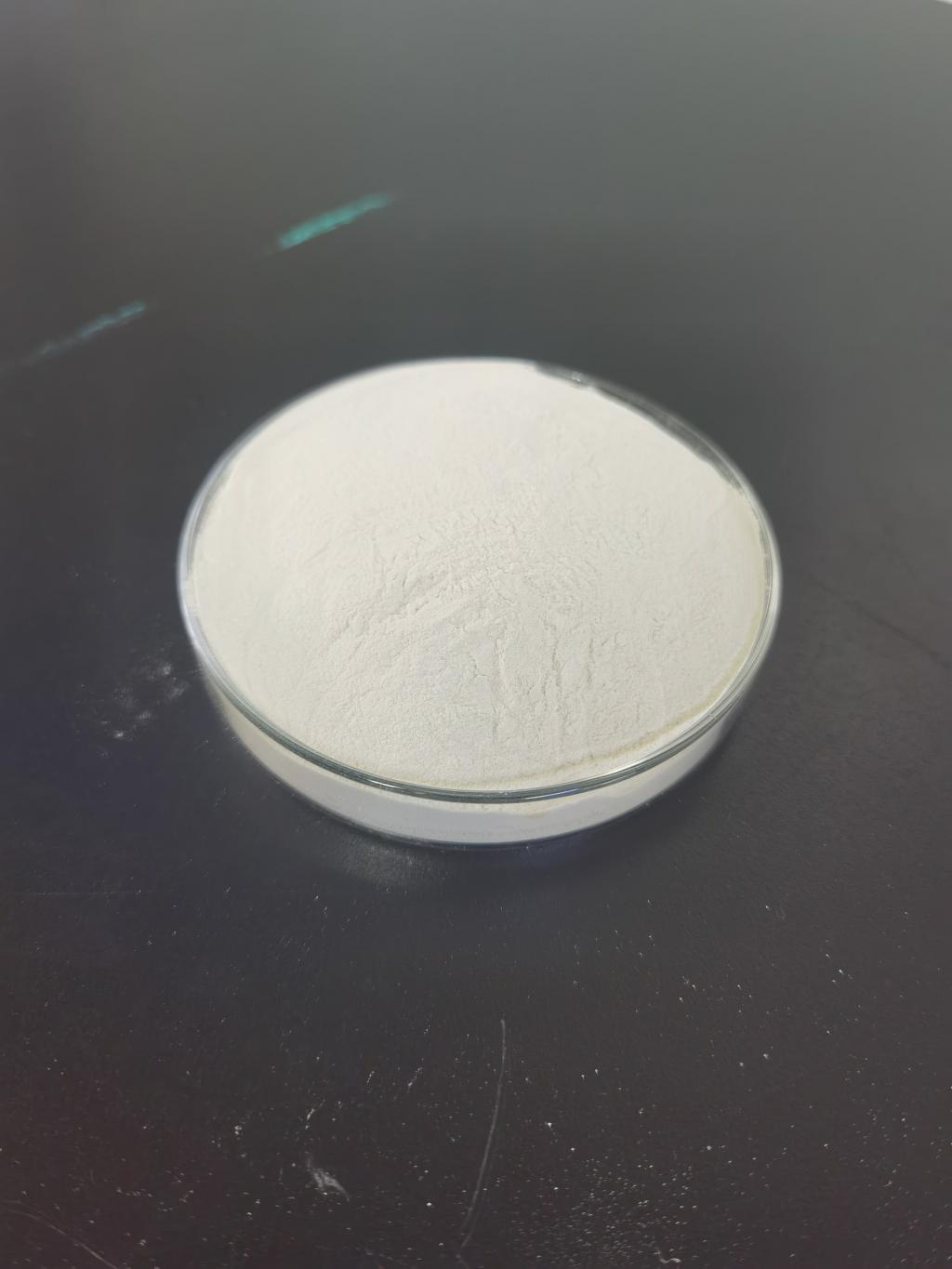Tel:0086 18231198596

News
Current Position:
Home >
News
>Nisin's applications in the preservation of traditional fermented foods.
Nisin's applications in the preservation of traditional fermented foods.
TIME:2024-06-07
Traditional Fermented Foods: Cultural Heritage and Preservation Challenges
Cultural Significance:
Traditional fermented foods are deeply rooted in cultural heritage and culinary practices, representing centuries-old traditions passed down through generations.
These foods play vital roles in cultural identity, social rituals, and community celebrations, reflecting local ingredients, flavors, and preservation techniques.
Preservation Challenges:
Despite their cultural significance, traditional fermented foods are susceptible to microbial spoilage and contamination during production, storage, and distribution.
Inadequate preservation methods and suboptimal hygiene practices can compromise food safety and quality, leading to spoilage, foodborne illness, and economic losses.
Antimicrobial Properties of Nisin
Broad-Spectrum Activity:
Nisin exhibits potent antimicrobial activity against a wide range of Gram-positive bacteria, including foodborne pathogens such as Listeria monocytogenes, Bacillus cereus, and Clostridium botulinum.
Its efficacy against spore-forming bacteria makes it particularly suitable for preserving fermented foods with extended shelf-life requirements.
Mode of Action:
Nisin acts by disrupting bacterial cell membrane integrity, leading to leakage of intracellular contents and eventual cell death.
Its interaction with lipid II, a precursor molecule in bacterial cell wall synthesis, further enhances its bactericidal activity by inhibiting cell wall formation.
Compatibility with Fermentation:
Nisin is compatible with the fermentation process and does not interfere with the growth of lactic acid bacteria or other beneficial microorganisms involved in fermentation.
Its selective activity against Gram-positive bacteria targets spoilage organisms and pathogens while preserving the desirable microbial flora in fermented foods.
Applications in Traditional Fermented Foods
Cheese:
Nisin is commonly used in cheese production to inhibit the growth of spoilage bacteria and molds, extending the shelf-life and enhancing the safety of cheese products.
Its incorporation into cheese formulations or surface application on cheese rinds helps prevent surface mold growth and maintains cheese quality during ripening and aging.
Fermented Vegetables:
In traditional fermented vegetable products such as sauerkraut and kimchi, nisin can be added during fermentation or incorporated into brine solutions to inhibit the growth of spoilage bacteria and pathogens.
Nisin-treated fermented vegetables exhibit improved shelf-life, texture, and sensory attributes while retaining their traditional flavors and nutritional benefits.
Fermented Meats:
Nisin is used in the preservation of fermented meat products such as dry sausages and cured meats to control the growth of spoilage bacteria and pathogens.
Its addition to meat formulations or application as a surface treatment reduces microbial contamination and extends the shelf-life of fermented meat products.
Cultural Significance and Heritage Preservation
Preservation of Culinary Traditions:
By enhancing the safety and stability of traditional fermented foods, nisin contributes to the preservation of culinary traditions and cultural heritage.
Traditional fermentation techniques and recipes are passed down through generations, ensuring the continuity of cultural practices and culinary craftsmanship.
Promotion of Food Security:
Improved preservation methods facilitated by nisin help increase the availability and accessibility of traditional fermented foods, promoting food security and nutritional diversity.
Fermented foods serve as valuable sources of probiotics, vitamins, and bioactive compounds that contribute to dietary diversity and nutritional well-being.
Regulatory Considerations and Consumer Acceptance
Regulatory Approval:
Nisin is approved for use as a food additive and preservative by regulatory agencies worldwide, including the U.S. Food and Drug Administration (FDA) and the European Food Safety Authority (EFSA).
Its safety profile and regulatory approval support its use in traditional fermented foods to enhance food safety and quality.
Consumer Acceptance:
Transparent communication about the use of nisin in traditional fermented foods fosters consumer trust and confidence in food safety practices.
Education campaigns highlighting the benefits of nisin in preserving cultural heritage and ensuring food safety promote consumer acceptance and appreciation of nisin-treated fermented foods.
Future Directions and Challenges
Optimization of Formulations:
Further research is needed to optimize nisin formulations and application methods for specific types of traditional fermented foods, considering factors such as pH, salt concentration, and microbial flora.
Tailored approaches to nisin incorporation and dosage ensure maximum efficacy and compatibility with diverse fermentation processes.
Sustainability and Access:
Ensuring access to nisin and other food preservation technologies in traditional food-producing regions promotes sustainability and economic development.
Collaborative initiatives between industry stakeholders, research institutions, and government agencies support the adoption of nisin-based preservation methods in traditional food production.
Conclusion
Nisin offers a sustainable and effective solution for preserving traditional fermented foods, safeguarding cultural heritage, and enhancing food safety and security. Its potent antimicrobial activity, compatibility with fermentation processes, and regulatory approval make it an ideal choice for controlling microbial contamination in a variety of fermented food products. By incorporating nisin into traditional fermentation practices, food producers can extend the shelf-life, improve the safety, and preserve the cultural authenticity of fermented foods, ensuring their continued enjoyment and appreciation for generations to come.

 CONTACT
CONTACT




